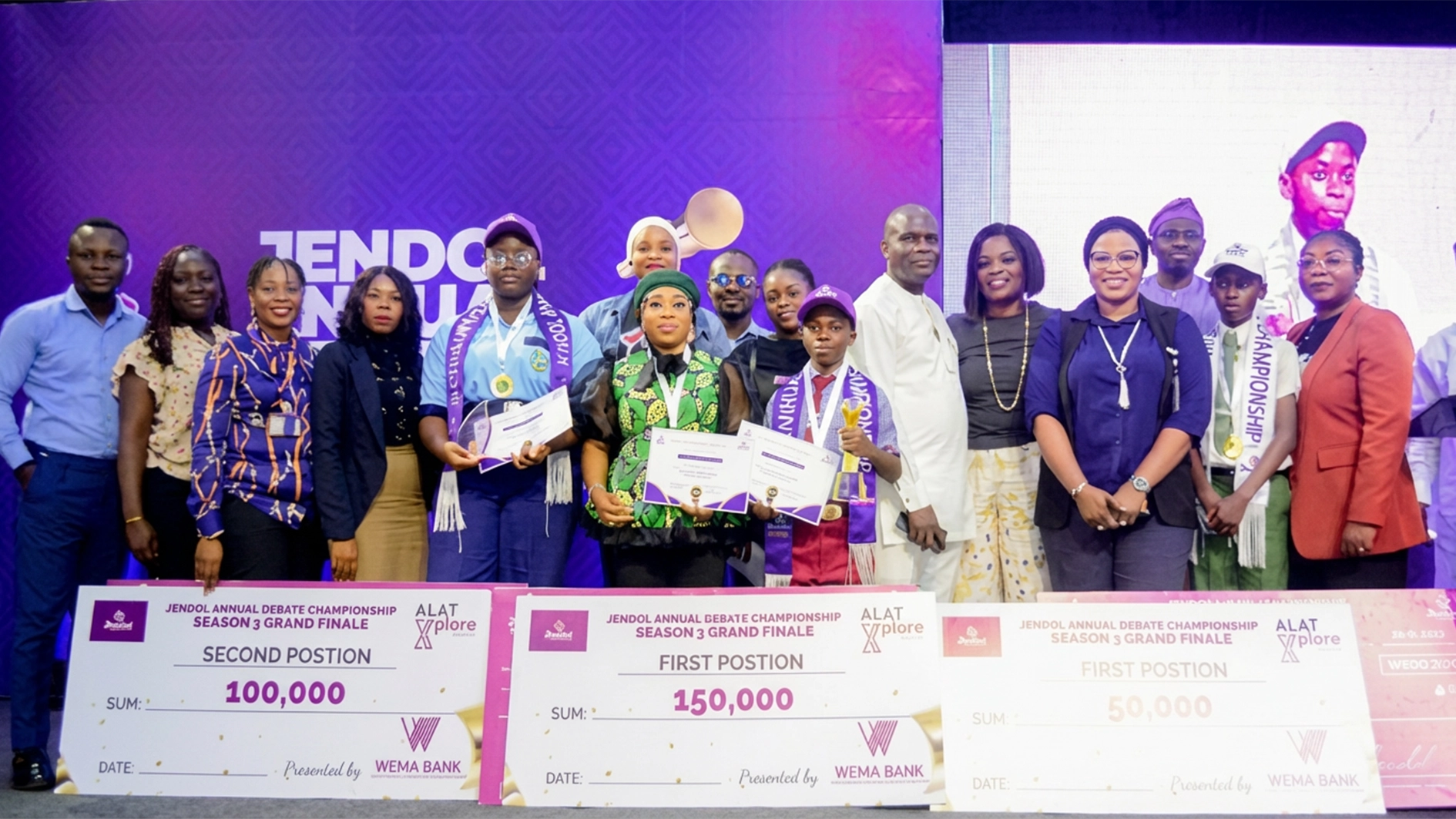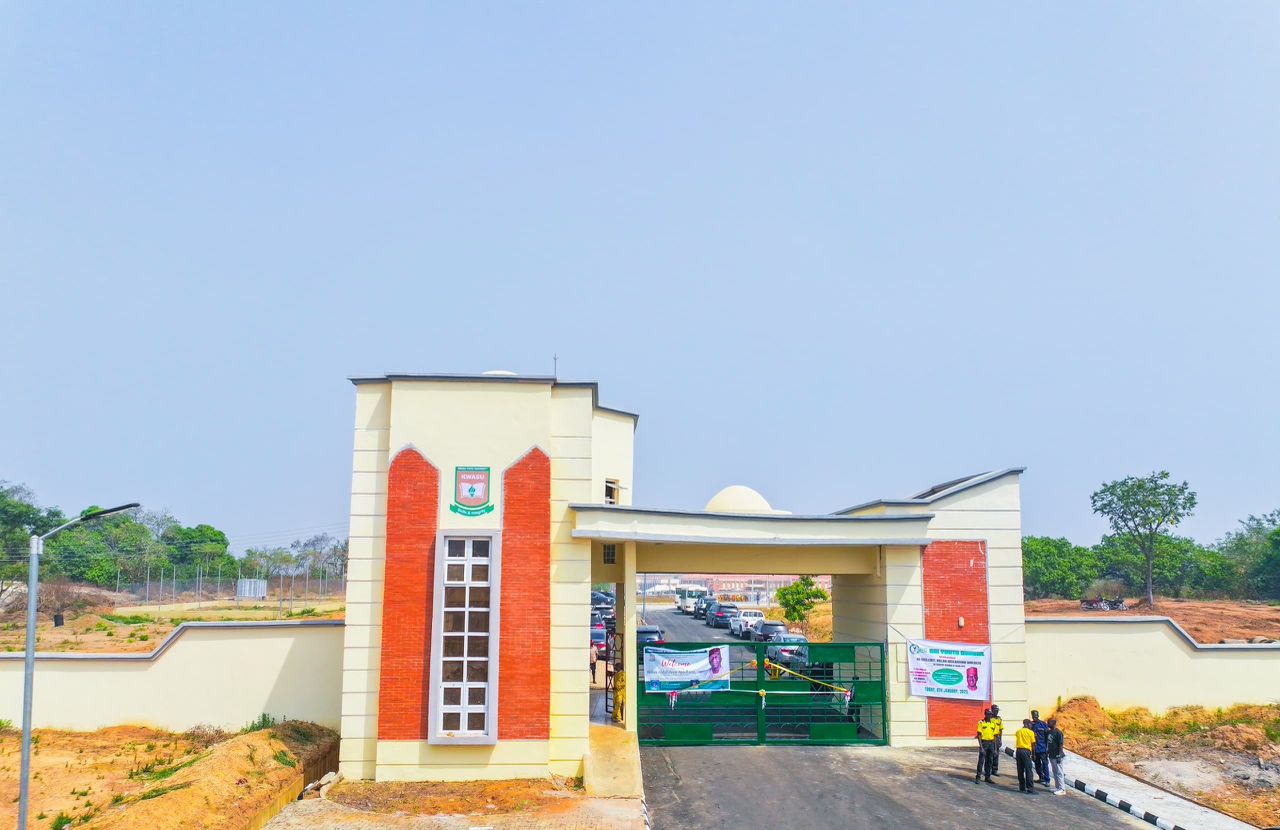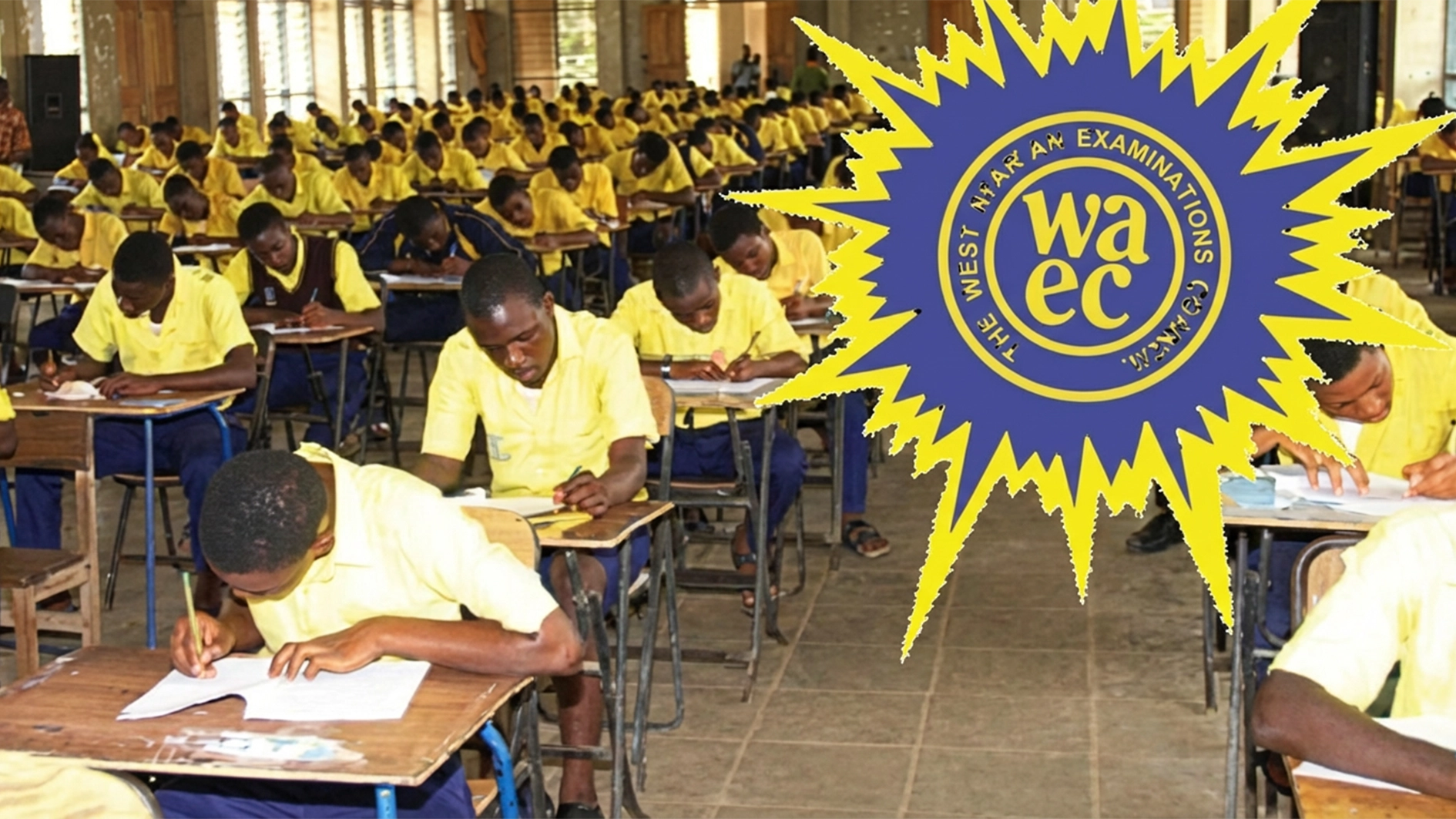• Urges criminalisation of non-payment of wages
• ASUU seeks Sokoto ex-gov’s intervention to resolve impasse with FG
The Non-Academic Staff Union of Educational and Associated Institutions (NASU) and other university-based unions will continue to embark on industrial action to protect the interests of their members and foster a conducive learning environment.
General Secretary of NASU, Peter Adeyemi, who stated this yesterday in Abuja during the National Executive Council (NEC) meeting of the union, insisted that continuous agitations by the unions have led to improved funding and infrastructural development in the nation’s universities.
Adeyemi maintained that while government and employers of labour are recalcitrant on ‘no work, no pay,’ no attempt has been made to criminalise ‘no pay, no work’ to balance the equation.
He was, however, referring to Section 42 (1) (a) of the Trade Disputes Act, popularly known as the “No Work, No Pay” policy, which withdraws financial payment whenever workers embark on industrial action.
The NASU scribe declared that implementing the section is a deliberate attempt to intimidate, silence, and criminalise legitimate trade union actions.
Adeyemi noted that at the level of the International Labour Organisation (ILO), strikes have never been declared a crime, saying they remain a legitimate instrument of industrial relations.
In his address at the NEC meeting, NASU President, Dr Hassan Makolo, called on the federal and state governments to implement a living wage policy that reflects current economic realities, while also demanding urgent measures to secure Nigeria’s educational institutions against bandit attacks and abductions.
Meanwhile, the Academic Staff Union of Universities (ASUU) has appealed to former Governor of Sokoto State, Senator Aliyu Wamakko, to intervene in its lingering dispute with the Federal Government.
This was disclosed in a Facebook post by the Senator’s media team, saying the delegation to Wamakko at his Asokoro residence, Abuja, was led by the union’s National Vice President, Prof. Chris Piwuna.
At the meeting, Piwuna urged the former governor to use his experience, credibility, and influence to help restore constructive dialogue between the union and the government.
He emphasised that the appeal was not politically motivated but borne out of the desire to find a lasting solution to the issues that have repeatedly disrupted academic activities across the country.
Piwuna, however, noted that continuous breakdown in communication between the two parties had deeply affected the nation’s education sector, with students and parents bearing the greatest burden.
Responding to the appeal, Wamakko assured the delegation of his commitment to restoring normalcy in the education sector.
He described the persistent disputes as detrimental to national development and promised to deploy his legislative experience and political goodwill toward achieving a sustainable resolution.






